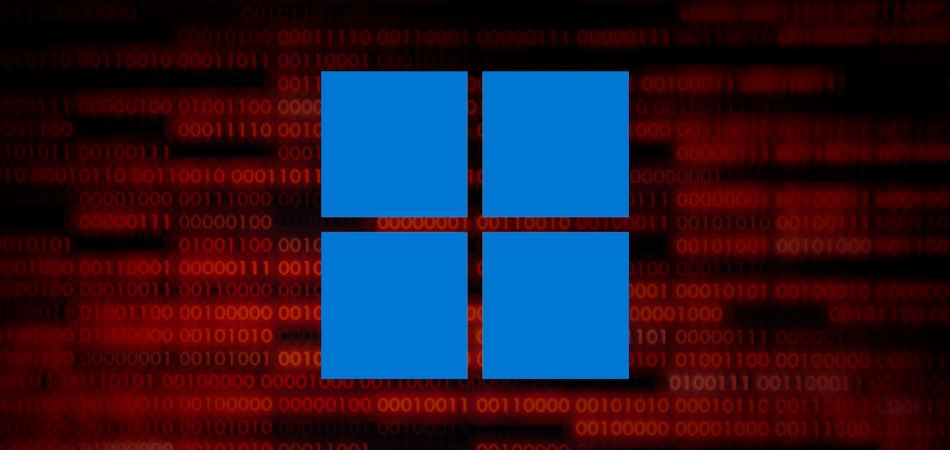
A post from a group claiming to represent the MASSGRAVE R&D team has surfaced, alleging the development of a groundbreaking method to bypass Microsoft's Windows and Office software licensing protections.
The technique purportedly allows users to permanently activate virtually any version of Windows and Office, spanning from Vista to the latest Windows 11 and Server 2025 editions. This includes support for Corporate Software Volume Licensing (CSVLK) and Extended Security Updates (ESU).
According to the shared information, this method is touted as requiring no third-party file installations, no system file modifications, and a completely clean execution process. It is claimed to handle activations for Windows 10 ESU licenses, enabling updates beyond October 2025, as well as for professional, educational, and enterprise editions of Windows and Office products.
The developers describe this as “the largest breakthrough in Windows/Office piracy ever,” hinting that this method will be publicly released in the coming months. However, the details remain vague, and no verifiable technical explanation or evidence has been provided beyond screenshots of Windows Script Host outputs showing activated licenses.
Potential impact on Microsoft
Microsoft relies on its activation and licensing systems to enforce software authenticity and protect against piracy. These systems use a combination of digital license checks and communication with Microsoft's servers to verify activation. The claimed bypass, if legitimate, would undermine this protection, potentially impacting revenues and complicating security for users unknowingly relying on pirated software.
The MASSGRAVE R&D group appears to target not just consumers but also organizations that rely on Volume License editions and ESU to extend product life cycles. Extended Security Updates, for instance, are crucial for companies unable to upgrade to newer operating systems due to legacy application dependencies or infrastructure limitations.
Caution advised
It is essential to approach such claims with skepticism, as no technical proof has been independently verified. Cybercriminals often exploit sensational claims to distribute malicious tools, phishing campaigns, or backdoored software, targeting users eager for cost-saving solutions.
Moreover, even if such a bypass works temporarily, Microsoft has historically responded swiftly to close licensing loopholes via updates or server-side changes, invalidating unauthorized activations. Users who rely on such methods risk sudden deactivations or exposure to malware-laden tools.
All that said, it would be advisable that users stick to licensed software, avoid unauthorized tools or activation methods, and never trust executing tools downloaded from dubious websites on their system.







Leave a Reply